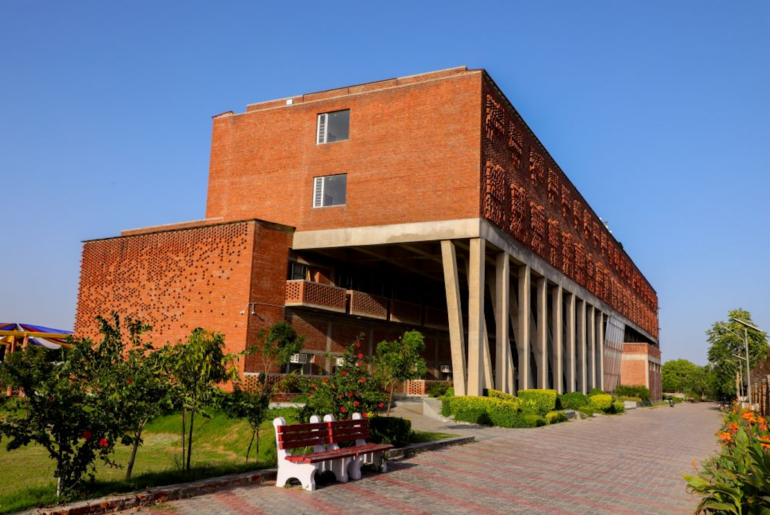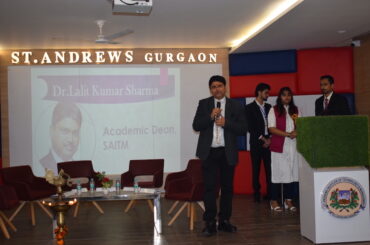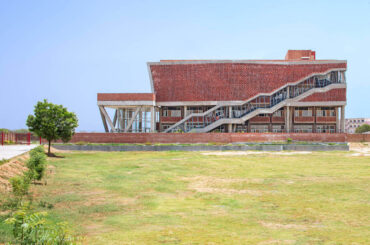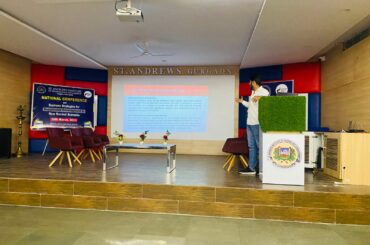MCA Course Duration
The Master of Computer Applications (MCA) is a postgraduate program with an MCA course duration typically spanning three years. It is designed to equip students with a deep understanding of computer applications and software development.
Students who have completed a relevant undergraduate degree, such as a BCA, can pursue MCA.
The curriculum is structured to include theoretical classes, practical lab sessions, projects, and often an internship, culminating in a robust educational experience that prepares graduates for diverse roles in the IT industry.
Some of the most opted courses in India and St. Andrews college or different Engineering college or Management colleges are as follows:-
MCA Degree
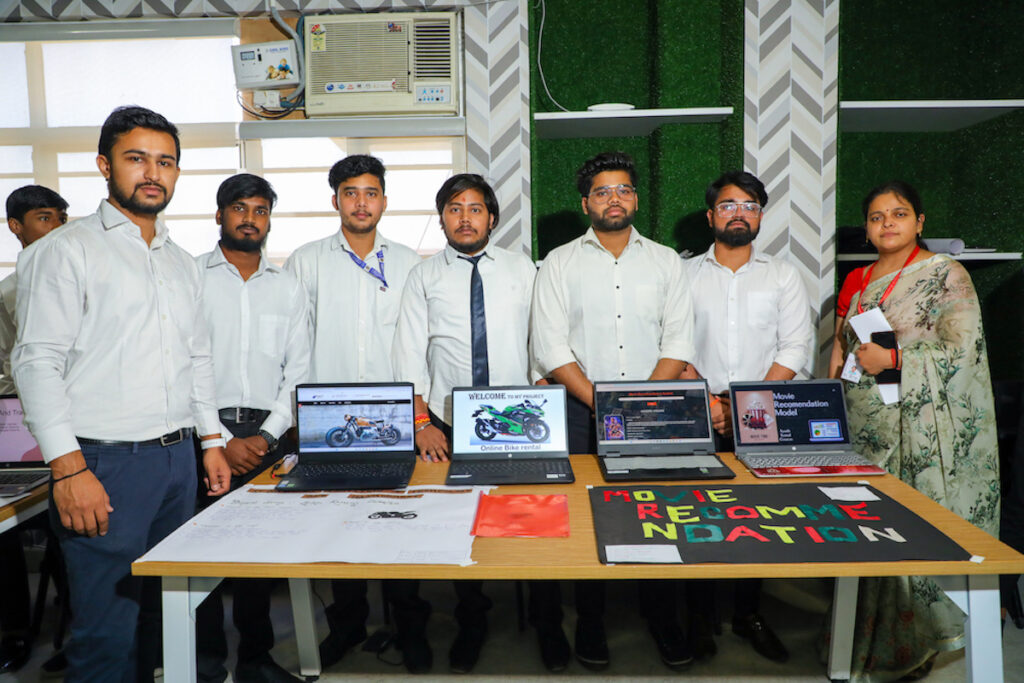
MCA stands for Master of Computer Applications, a 2-year postgraduate degree in CS.
The MCA program, with its typical MCA course duration designed to span several years, is crafted to meet the growing demand for skilled professionals in the Information Technology sector.
Completing MCA is highly beneficial as it opens up numerous career opportunities in the IT sector, providing the necessary qualifications to excel.
The course focuses on computer or software applications and IT, with a strong emphasis on practical skills, preparing students for various roles in software development, programming, and more.
MCA scholars can pursue careers in software development, data analysis, and more.
Key Features
Duration
The MCA course duration is typically three years, divided into six semesters. However, some universities offer a shortened two-year course for students who hold a BCA or equivalent degree.
Curriculum
Core Subjects
Advanced programming, software engineering, database management, operating systems, and computer networks.
Electives
Specializations in areas like data science, cybersecurity, artificial intelligence, mobile computing, and cloud computing.
Practical Training
Hands-on lab sessions, project work, and internships to provide practical exposure.
The MCA programme is structured to provide comprehensive training in application development and related fields in information technology.
Eligibility
Educational Qualification
Bachelor’s degree in Computer Applications (BCA) or related fields such as CS or Information Technology.
Minimum Marks
Generally, a minimum aggregate score of 50% in the qualifying degree is required.
Clearing MCA entrance exams is crucial for admission into various colleges.
Entrance Exams
Admission often requires passing entrance exams such as NIMCET, MAH MCA CET, or university-specific tests.
Career Opportunities
Software Developer/Engineer
Designing, coding, and testing software applications.
System Analyst
Analyzing and designing efficient IT solutions.
Database Administrator
Managing and maintaining databases.
Network Administrator
Overseeing and maintaining computer networks.
IT Consultant
Providing expert advice on IT strategies and implementations.
Data Scientist/Analyst
Interpreting complex data to help organizations make informed decisions.
Advancement
Higher Studies
Opportunity to pursue Ph.D. in CS or related fields.
Certifications
Specialized certifications in areas like cybersecurity, data science, and cloud computing to enhance job prospects.
Industry Relevance
Demand
High demand for skilled IT professionals in various industries such as software development, finance, healthcare, education, and government sectors.
Global Opportunities
Qualification recognized globally, opening doors to international career opportunities.
Benefits of Pursuing MCA for Computer Science Students
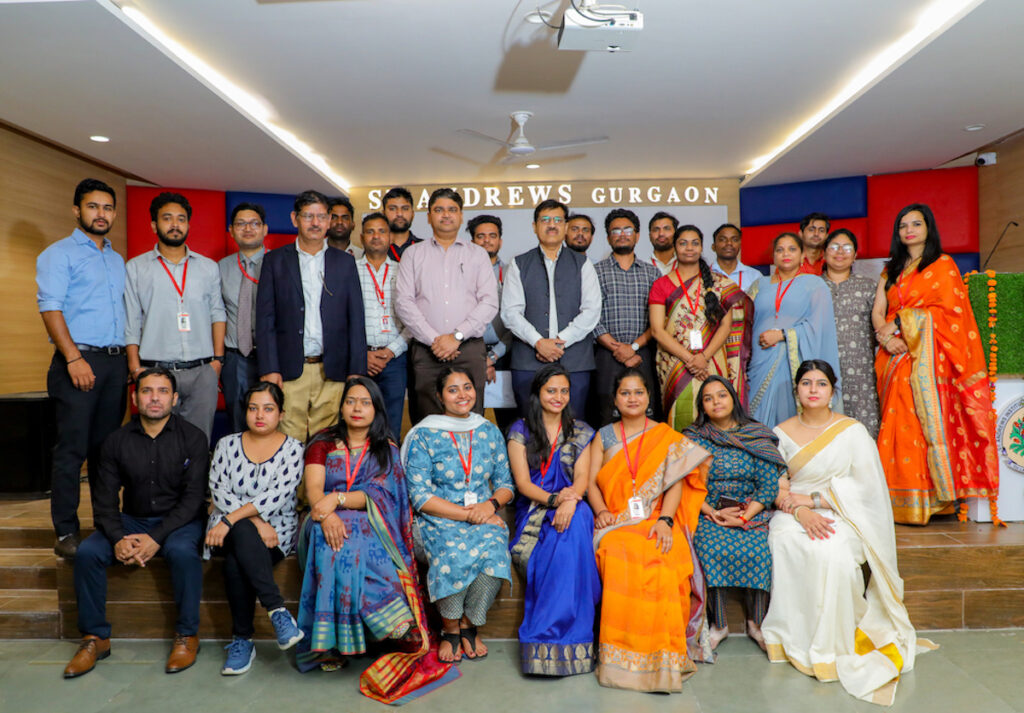
Choosing to pursue an MCA degree can significantly enhance career opportunities due to the increasing technology-based nature of everything.
It is essential to have in-depth knowledge about the sector and excellent skills to be beneficial for the company.
The MCA program, with an MCA course duration typically spanning three years, is designed to equip graduate students for careers in the software industry and academia. It provides a robust educational foundation in both theoretical and application-oriented subjects, catering to the demands of the rapidly evolving IT sector.
MCA students can gain hands-on experience in coding and industry projects.
The program aims to provide students with the essential skills and knowledge required for success in the industry.
Benefits
Advanced Knowledge and Skills
In-Depth Learning
MCA provides a comprehensive understanding of advanced topics in CS, including algorithms, database management, and software engineering.
Specializations
Offers opportunities to specialize in high-demand areas like data science, cybersecurity, artificial intelligence, and cloud computing.
Enhanced Career Opportunities
Diverse Roles
Opens up a wide range of job roles such as software developer, system analyst, database administrator, and IT consultant.
Higher Positions
Qualifies students for higher positions and responsibilities in organizations.
Competitive Edge
Industry Relevance
Aligns with current industry needs, making graduates more attractive to employers.
Certifications and Skills
Opportunity to earn relevant certifications that can boost employability.
Higher Earning Potential
Salary Growth
MCA scholars often command higher salaries compared to those with just a bachelor’s degree.
Promotions
Better chances of quick career advancement and promotions.
Research and Development Opportunities
Innovation
Involvement in cutting-edge projects and research initiatives.
Higher Studies
Foundation for pursuing Ph.D. and engaging in academic research.
Practical Exposure
Internships and Projects
Emphasis on hands-on experience through internships and real-world projects.
Industry Collaboration
Collaboration with industry experts and exposure to current technologies.
Networking
Professional Connections
Building a network with peers, faculty, and industry professionals.
Alumni Support
Access to a strong alumni network for career guidance and job opportunities.
Global Recognition
International Opportunities
Qualification recognized globally, facilitating international career prospects.
Higher Studies Abroad
Easier acceptance into postgraduate programs in universities worldwide.
Entrepreneurial Skills
Startup Potential
Equips students with the skills needed to start their own tech ventures.
Innovation and Leadership:
Encourages innovation and leadership skills essential for entrepreneurship.
Versatility
Cross-Industry Applicability
Skills applicable across various industries such as finance, healthcare, education, and government.
Adaptability
Prepares students to adapt to technological advancements and evolving job markets.
MCA Admission Process And Course Eligibility Criteria
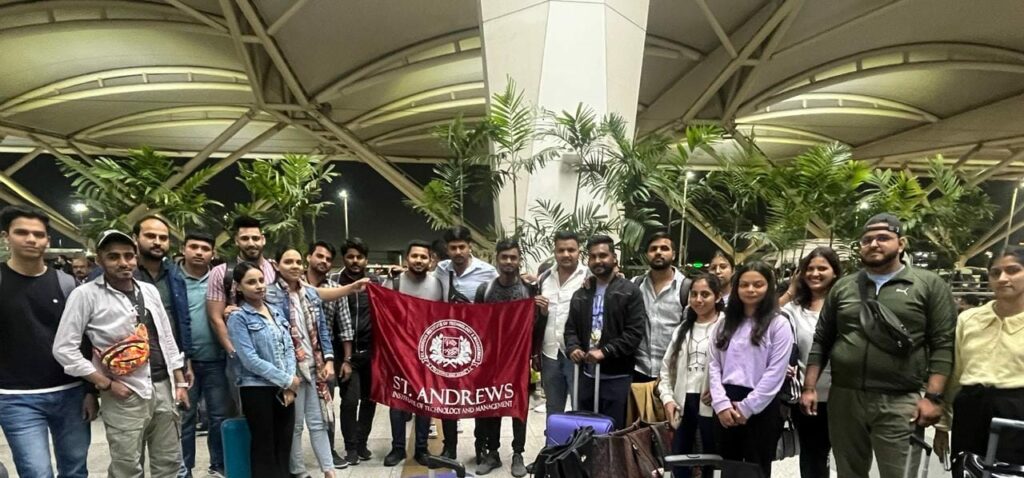
To be eligible for a Master of Computer Applications (MCA) program, candidates typically need to meet the following criteria:
Educational Qualifications
Bachelor’s Degree
Candidates must have a bachelor’s degree in Computer Applications (BCA), CS, Information Technology, or a related field.
Alternatively, candidates with a bachelor’s degree in science, commerce, arts, or engineering with relevant CS subjects can also apply.
Minimum Marks
A minimum aggregate score of 50% to 60% in the qualifying degree is typically required, though the exact percentage may vary by institution.
Specific Subject Requirements
Mathematics
Candidates must have studied Mathematics as a subject in their 10+2 level or during their bachelor’s degree. Some institutions may require Mathematics only at the 10+2 level.
Computer Science/IT
While a background in CS or IT is often preferred, it is not always mandatory if the candidate has strong foundational knowledge and meets other criteria.
Entrance Examinations
National and State-Level Exams
Candidates may need to appear for national or state-level entrance exams such as NIMCET (National Institute of Technology MCA Common Entrance Test), MAH MCA CET (Maharashtra MCA Common Entrance Test), or other university-specific entrance tests.
Scores from these exams are typically considered for admission into the MCA program.
University-Specific Exams
Some universities conduct their own entrance examinations for MCA admissions. Examples include DUET (Delhi University Entrance Test), JNU MCA Entrance Exam, and BHU PET (Banaras Hindu University Postgraduate Entrance Test).
Additional Requirements
Work Experience
Some institutions may prefer or require candidates to have relevant work experience, especially if they do not have a BCA or equivalent degree.
Interview/Group Discussion
In addition to entrance exam scores, some universities may conduct personal interviews or group discussions as part of the selection process.
Reservation and Quota
Institutions follow reservation policies as per government regulations. Candidates belonging to reserved categories (SC/ST/OBC/PWD) may have different eligibility criteria and cut-offs.
Application Form
Online/Offline Submission
Candidates need to fill out and submit an application form either online through the institute’s website or offline, as required.
Documents
Typically required documents include mark sheets, a degree certificate, entrance exam scores, identity proof, and photographs.
Selection Process
Entrance Exam Results
Shortlisting is based on the entrance exam scores.
Personal Interview/GD
Some institutes may conduct a personal interview or group discussion as part of the selection process.
Counseling and Admission
Counseling
Shortlisted candidates are called for counseling or a personal interview where they can choose their preferred specialization or track.
Document Verification
Final admission requires verification of original documents and submission of photocopies.
Fee Payment
Admission is confirmed upon payment of the required fees and submission of necessary documents.
Course Enrollment
Orientation
Once admitted, students attend an orientation session to understand the curriculum, faculty, and course structure.
Registration
Students complete the registration process and are assigned to their respective classes and mentors.
Types of MCA Courses
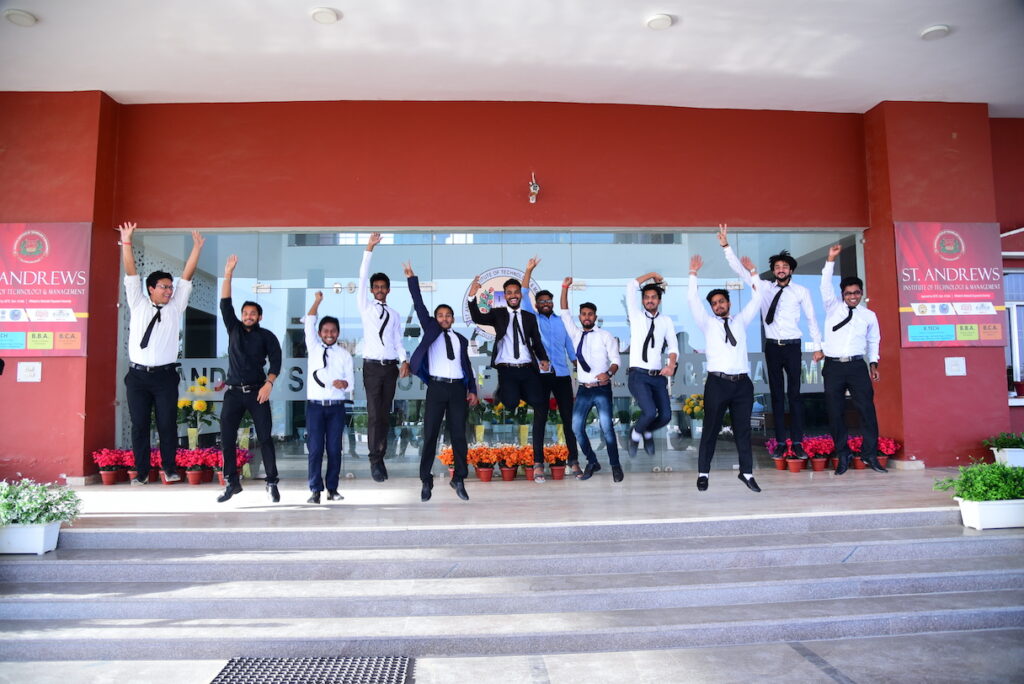
The Master of Computer Applications (MCA) program comes in various formats to cater to the diverse needs of students and professionals.
Here are the primary types of MCA courses available:
Regular MCA Course
Description
This is the traditional full-time, on-campus MCA program.
Duration
The MCA course duration is typically three years for students without a BCA background and two years for those who hold a BCA or equivalent degree.
Structure
Involves classroom lectures, lab sessions, project work, and internships.
Ideal For
Fresh graduates who can commit to full-time study and those looking to gain in-depth theoretical and practical knowledge in computer applications.
Integrated MCA Course
Description
Combines undergraduate (B.Sc. or BCA) and postgraduate (MCA) studies into a single program.
Duration
Usually five years.
Structure
Provides a seamless transition from undergraduate to postgraduate studies, covering a comprehensive curriculum designed to build a strong foundation and advanced skills.
Ideal For
Students who are certain about their career path in computer applications and prefer a continuous study program.
Lateral Entry MCA Course
Description
Allows direct entry into the second year of the MCA program for students with a BCA, B.Sc. in CS, or equivalent degree.
Duration
The MCA course duration is Two years.
Structure
Focuses on advanced topics, skipping the foundational courses covered in the first year of the regular MCA program.
Ideal For
Graduates with a relevant bachelor’s degree who want to expedite their postgraduate education.
Distance/Online MCA Course
Description
Offers flexibility for students to study from anywhere, combining online lectures, assignments, and examinations.
Duration
Three to six years, depending on the student’s pace.
Structure
Online classes, digital resources, and virtual labs, often with occasional on-campus sessions or exams.
Ideal For
Working professionals, those with other commitments, or students living in remote areas who cannot attend regular classes.
Executive MCA Course
Description
Tailored for working professionals seeking to enhance their skills without leaving their jobs.
Duration
Generally two to three years.
Structure
Weekend or evening classes, online modules, and project-based learning.
Ideal For
Professionals in the IT industry looking to upgrade their qualifications and advance their careers.
MCA Syllabus and Curriculum

The Master of Computer Applications (MCA) program is designed to provide in-depth knowledge of CS and applications. The curriculum is typically divided into core subjects, electives, and practical training.
Here’s an overview of the typical MCA syllabus and curriculum:
Year 1 (Semesters 1 & 2)
Core Subjects
Mathematical Foundations of Computer Science
Discrete Mathematics
Probability and Statistics
Computer Organization and Architecture
Digital Logic
Microprocessors
Programming Languages
C/C++ Programming
Object-Oriented Programming with Java
Operating Systems
Concepts of Operating Systems
Process Management
Database Management Systems (DBMS)
SQL and PL/SQL
Database Design and Normalization
Software Engineering
SDLC (Software Development Life Cycle)
Software Testing and Quality Assurance
Practical Training
Programming Labs
C/C++ Lab
Java Lab
DBMS Lab
SQL Queries
Database Design Projects
Mini Projects
Small-scale projects to implement learned concepts
Year 2 (Semesters 3 & 4)
Core Subjects
Data Structures and Algorithms
Trees, Graphs, and Sorting Algorithms
Algorithm Design and Analysis
Computer Networks
Networking Models and Protocols
Network Security
Web Technologies
HTML, CSS, JavaScript
Web Application Development
Theory of Computation
Automata Theory
Formal Languages and Grammars
Advanced Database Management Systems
Distributed Databases
Data Warehousing and Data Mining
Electives (Choose based on specialization)
Artificial Intelligence
Machine Learning
Neural Networks
Cybersecurity
Cryptography
Network Security
Data Science
Big Data Analytics
Statistical Methods for Data Science
Mobile Computing
Android App Development
Mobile Security
Practical Training
Advanced Programming Labs
Data Structures Lab
Web Technologies Lab
Elective Labs
AI/ML Lab
Cybersecurity Lab
Project Work
Medium-scale projects to apply advanced concepts
Year 3 (Semesters 5 & 6)
Core Subjects
Software Project Management
Project Planning and Scheduling
Risk Management
Cloud Computing
Cloud Architecture
Services and Deployment Models
Human-Computer Interaction
UI/UX Design
Usability Testing
Electives (Choose based on specialization)
Internet of Things (IoT)
IoT Architectures
IoT Security
Blockchain Technology
Blockchain Fundamentals
Smart Contracts
Advanced Web Technologies
Node.js, Angular
Web Security
Practical Training
Major Project
Comprehensive project that integrates learning from the entire program
Industry collaboration or research-based projects
Internship
Practical work experience in a real-world environment
Typically involves working with an IT company or research organization
MCA Specializations
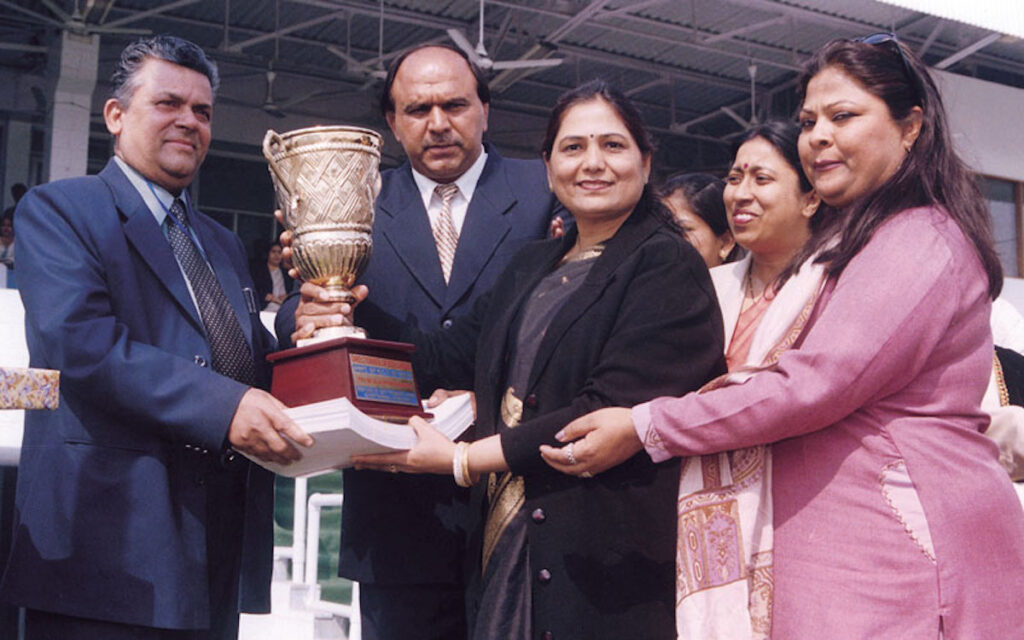
The Master of Computer Applications (MCA) program offers a variety of specializations to help students focus on specific areas of interest within the field of CS and applications. These specializations allow students to gain advanced knowledge and skills in particular domains, enhancing their career prospects.
Here are some common MCA specializations:
Software Development
Overview
Focuses on the methodologies, tools, and techniques required to develop high-quality software.
Key Subjects
Advanced Programming Languages (Java, Python, C#)
Software Engineering and Design Patterns
Agile Methodologies, Software Testing and Quality Assurance
Career Opportunities
Software Developer/Engineer
Software Architect
Quality Assurance Engineer
Data Science
Overview
Emphasizes the analysis and interpretation of complex data to help organizations make informed decisions.
Key Subjects
Machine Learning
Big Data Analytics
Statistical Methods for Data Science
Data Visualization
Career Opportunities
Data Scientist
Data Analyst
Machine Learning Engineer
Cybersecurity
Overview
Focuses on protecting systems, networks, and data from cyber threats.
Key Subjects
Network Security
Cryptography
Ethical Hacking
Information Security Management
Career Opportunities
Cybersecurity Analyst
Ethical Hacker
Information Security Manager
Artificial Intelligence
Overview
Covers the creation of intelligent systems capable of performing tasks that typically require human intelligence.
Key Subjects
Neural Networks and Deep Learning
Natural Language Processing
Robotics
AI in Gaming
Career Opportunities
AI Engineer
Robotics Engineer
Research Scientist in AI
Cloud Computing
Overview
Focuses on the delivery of computing services over the cloud, including storage, processing, and networking.
Key Subjects
Cloud Architecture, Security and Cloud Services and Deployment Models
Virtualization
Career Opportunities
Cloud Solutions Architect, Cloud Security Analyst and Cloud Developer
Mobile Computing
Overview
Emphasizes the development of applications and systems for mobile devices.
Key Subjects
Mobile App Development (Android, iOS)
Mobile Security
User Interface Design
Mobile Network Technologies
Career Opportunities
Mobile Application Developer, Mobile UI/UX Designer and Mobile Security Specialist
Internet of Things (IoT)
Overview
Focuses on the interconnection of everyday devices through the internet to collect and exchange data.
Key Subjects
IoT Architectures
IoT Security
Embedded Systems
Sensor Networks
Career Opportunities
IoT Developer
IoT Solutions Architect
Embedded Systems Engineer
Blockchain Technology
Overview
Covers the principles and applications of blockchain, a decentralized ledger technology.
Key Subjects
Blockchain Fundamentals
Smart Contracts
Cryptocurrencies
Decentralized Applications (DApps)
Career Opportunities
Blockchain Developer
Blockchain Consultant
Smart Contract Developer
MCA Course Fees and Expenses
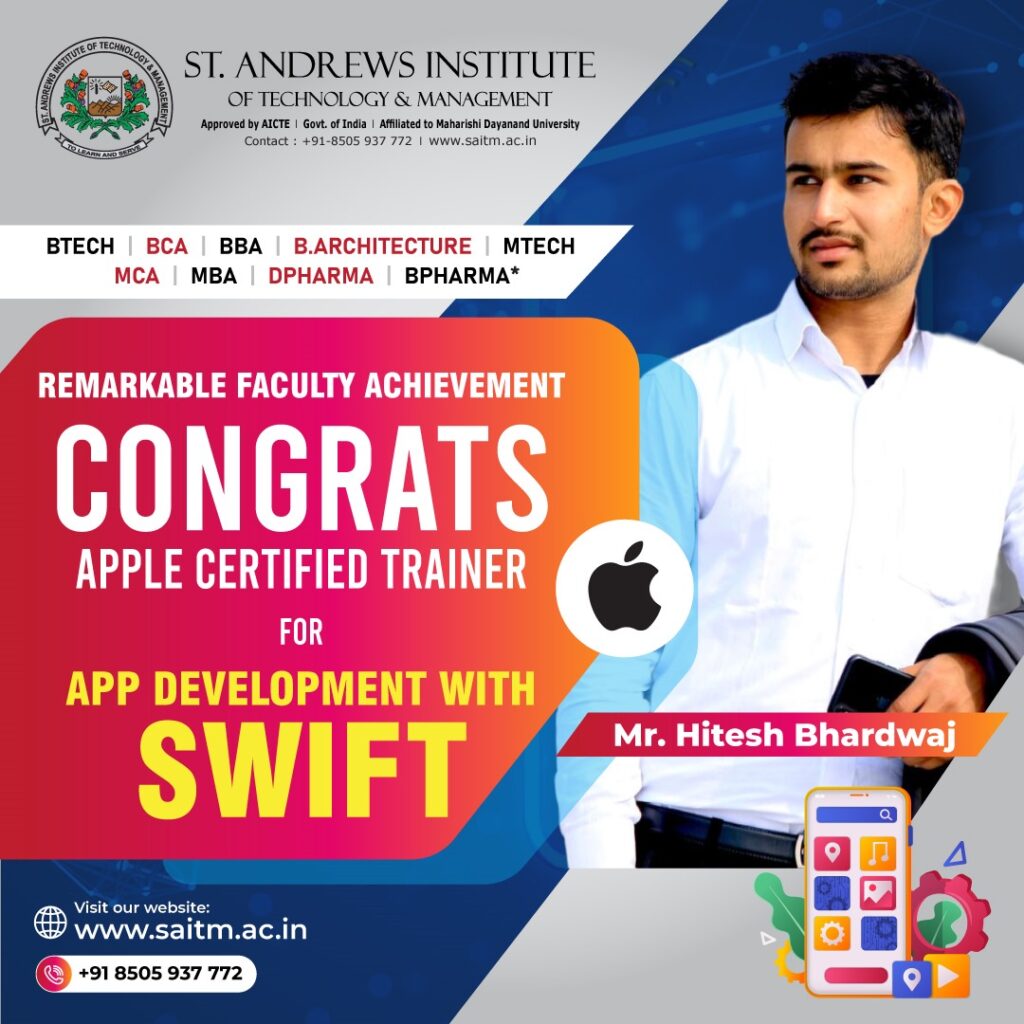
The cost of pursuing a Master of Computer Applications (MCA) can vary widely based on factors such as the type of institution (government or private), the location, and the facilities provided.
Here’s a detailed breakdown of the potential fees and expenses:
Tuition Fees
Government Colleges
Range
INR 40,000 to INR 1,00,000 per year
Examples
St. Andrew’s Institute of Technology and Management
Approximately INR 78,500 per year
Government College, Chandigarh
Approximately INR 25,000 per year
Private Colleges
Range
INR 1,00,000 to INR 3,00,000 per year
Examples
Manipal Institute of Technology: Approximately INR 2,00,000 per year
Additional Fees
Examination Fees
INR 1,000 to INR 5,000 per semester
Laboratory Fees
INR 5,000 to INR 10,000 per semester
Library Fees
INR 1,000 to INR 5,000 per semester
One-Time Fees
Admission Fees
INR 5,000 to INR 20,000 (paid during the time of admission)
Registration Fees
INR 2,000 to INR 10,000 (initial registration with the university)
Security Deposit
INR 5,000 to INR 10,000 (refundable)
Recurring Expenses
Hostel Fees
INR 30,000 to INR 1,00,000 per year (depending on facilities)
Mess Charges
INR 2,000 to INR 5,000 per month
Books and Study Materials
INR 5,000 to INR 10,000 per year
Miscellaneous Expenses
Travel
INR 5,000 to INR 20,000 per year (depends on distance and mode of travel)
Internet and Computing
INR 5,000 to INR 10,000 per year (for personal internet and software needs)
Extra-Curricular Activities
INR 2,000 to INR 5,000 per year
Financial Aid and Scholarships
Government Scholarships
Various state and central government scholarships are available for meritorious and economically weaker students.
Institutional Scholarships
Many institutions offer scholarships based on academic performance, entrance exam scores, or financial need.
Educational Loans
Banks provide educational loans to cover the tuition and other related expenses, often with a moratorium period.
Top Colleges for MCA Students
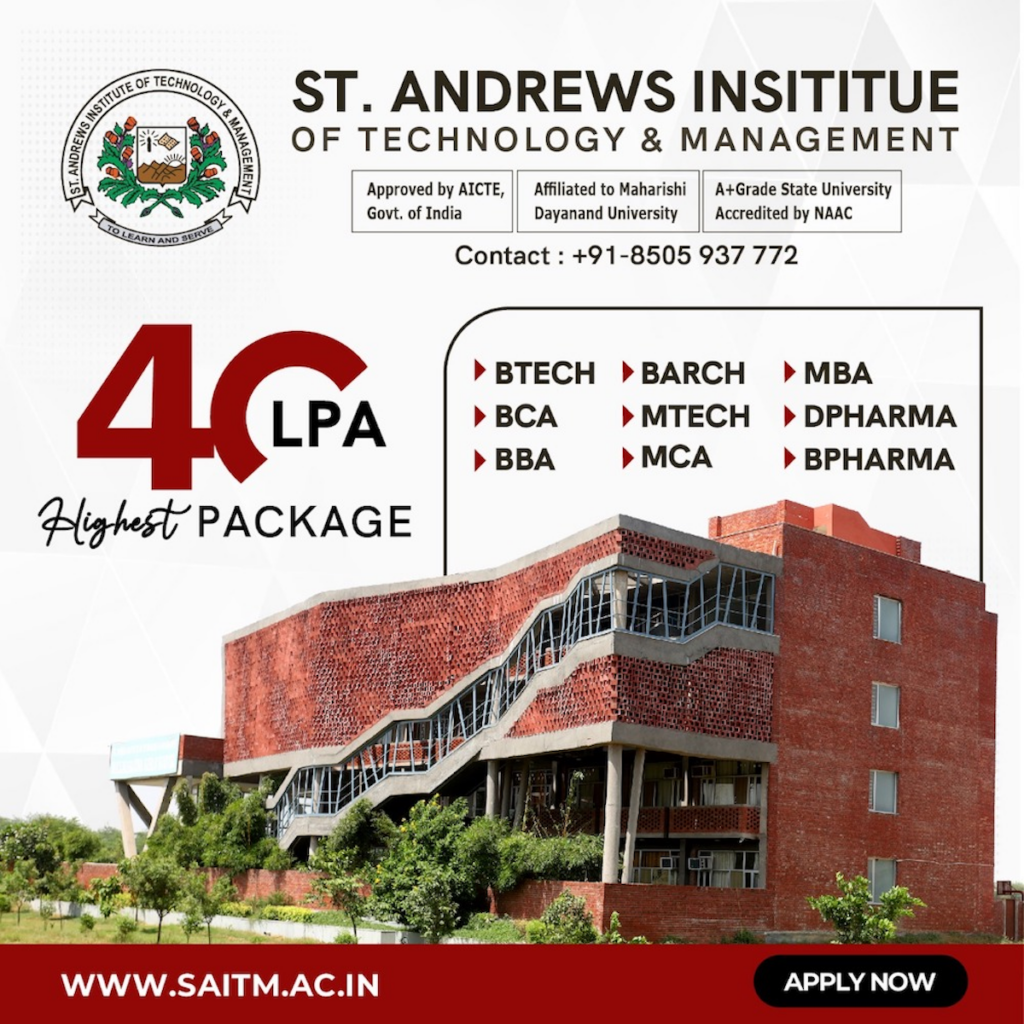
St. Andrew’s Institute of Technology and Management, Gurgaon
Overview
SAITM offers high-quality MCA program that equips students with advanced computing skills.
Key Highlights
Strong placement records with top companies
Highly experienced faculty
Regular industry interactions and seminars
Banaras Hindu University (BHU), Varanasi
Overview
BHU is one of India’s oldest and most prestigious universities, offering a comprehensive MCA program focused on both theoretical and practical aspects of computer applications.
Key Highlights
Strong emphasis on research and innovation
Highly experienced faculty
Excellent placement records
State-of-the-art infrastructure and labs
Overview
Gujarat University offers a well-structured MCA program designed to provide a deep understanding of computer applications and software development.
Key Highlights
Comprehensive curriculum with a focus on practical skills
Strong alumni network
Regular industry interactions and seminars
Affordable fee structure
Jawaharlal Nehru University (JNU), New Delhi
Overview
JNU’s School of Computer and Systems Sciences offers a highly respected MCA program known for its academic rigor and research opportunities.
Key Highlights
Emphasis on research and development
Diverse and inclusive student community
Strong placement records with top companies
Experienced and renowned faculty
NIT Jamshedpur
Overview
National Institute of Technology (NIT) Jamshedpur is renowned for its high-quality MCA program that equips students with advanced computing skills.
Key Highlights
Strong emphasis on technical and practical skills
Excellent placement opportunities
Highly qualified faculty
Well-equipped labs and research facilities
NIT Trichy
Overview
NIT Trichy is one of the top NITs in India, offering a rigorous MCA program that prepares students for high-level careers in IT and software development.
Key Highlights
Strong placement records
Industry-relevant curriculum
Modern infrastructure and labs
Opportunities for research and innovation
Career Scope and Job Profiles for MCA Graduates
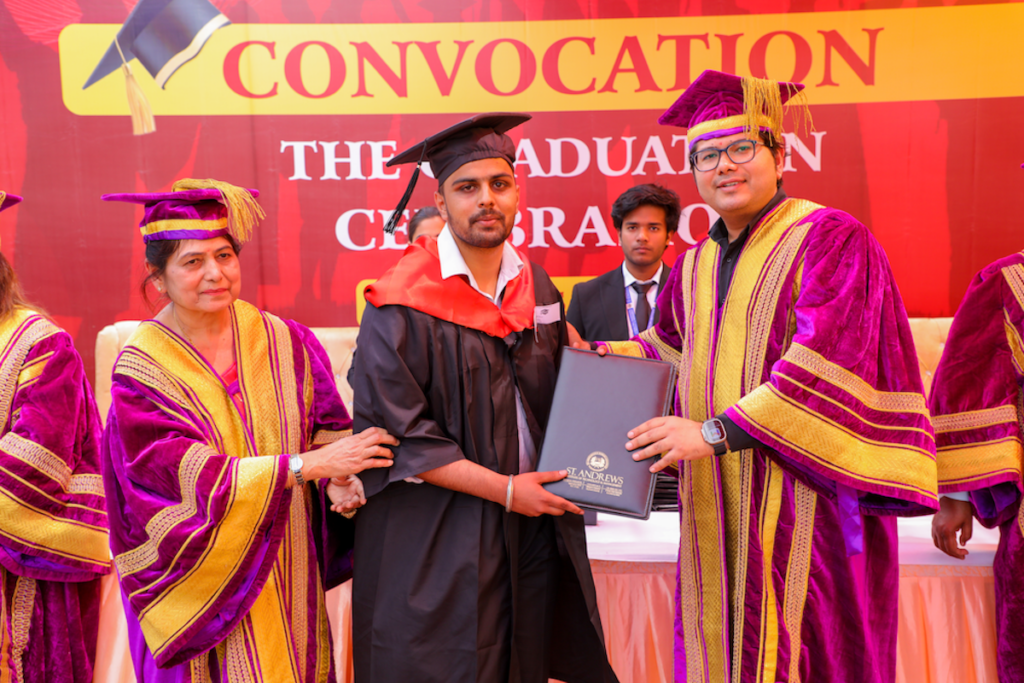
A Master of Computer Applications (MCA) degree opens up diverse career opportunities in the IT and CS fields. With a blend of technical skills and theoretical knowledge, MCA scholars can pursue various roles across different industries.
Here’s a detailed overview of the career scope and job profiles available to MCA scholars:
Software Developer/Engineer
Role
Develops, tests, and maintains software applications and systems based on user requirements.
Key Responsibilities
Coding and debugging applications
Software design and architecture
Collaborating with cross-functional teams
Troubleshooting and resolving software issues
Skills
Proficiency in programming languages (Java, C++, Python)
Understanding of software development methodologies (Agile, Scrum)
Cybersecurity Analyst
Role
Protects an organization’s computer systems and networks from security breaches and cyber threats.
Key Responsibilities
Monitoring and analyzing security systems
Identifying and responding to security incidents
Implementing security measures and protocols
Conducting vulnerability assessments
Skills
Knowledge of network security, encryption, and firewalls
Familiarity with cybersecurity tools (SIEM, IDS/IPS)
Problem-solving and analytical skills
Database Administrator (DBA)
Role
Manages and maintains database systems, ensuring their performance, security, and availability.
Key Responsibilities
Installing and configuring database systems
Performing regular database backups and recovery
Monitoring database performance and tuning
Ensuring data security and integrity
Skills
Knowledge of database management systems (MySQL, Oracle, SQL Server)
Experience with database tuning and optimization
Strong problem-solving skills
Web Developer
Role
Designs, develops, and maintains websites and web applications.
Key Responsibilities
Creating and implementing website layouts and features
Coding using web technologies (HTML, CSS, JavaScript)
Ensuring cross-platform and cross-browser compatibility
Optimizing websites for performance and usability
Skills
Proficiency in front-end and back-end web technologies
Understanding of web development frameworks (React, Angular, Node.js)
Mobile App Developer
Role
Designs and develops applications for mobile devices, including smartphones and tablets.
Key Responsibilities
Developing mobile applications for platforms (Android, iOS)
Designing user interfaces and experiences
Testing and debugging mobile apps
Collaborating with designers and other developers
Skills
Proficiency in mobile development frameworks (Android SDK, Swift)
Understanding of mobile app design principles
Experience with app deployment and maintenance
System Analyst
Role
Analyzes and designs information systems to meet business requirements.
Key Responsibilities
Gathering and analyzing user requirements
Designing system solutions and workflows
Coordinating with developers and stakeholders
Testing and implementing system changes
Skills
Understanding of systems analysis and design
Strong analytical and problem-solving skills
Experience with modeling tools (UML)
IT Project Manager
Role
Oversees and manages IT projects, ensuring they are completed on time and within budget.
Key Responsibilities
Planning and executing IT projects
Managing project teams and resources
Monitoring project progress and performance
Communicating with stakeholders and clients
Skills
Project management skills (PMP, Agile)
Strong organizational and leadership skills
Experience with project management tools (JIRA, MS Project)
Top Recruiters for MCA Graduates
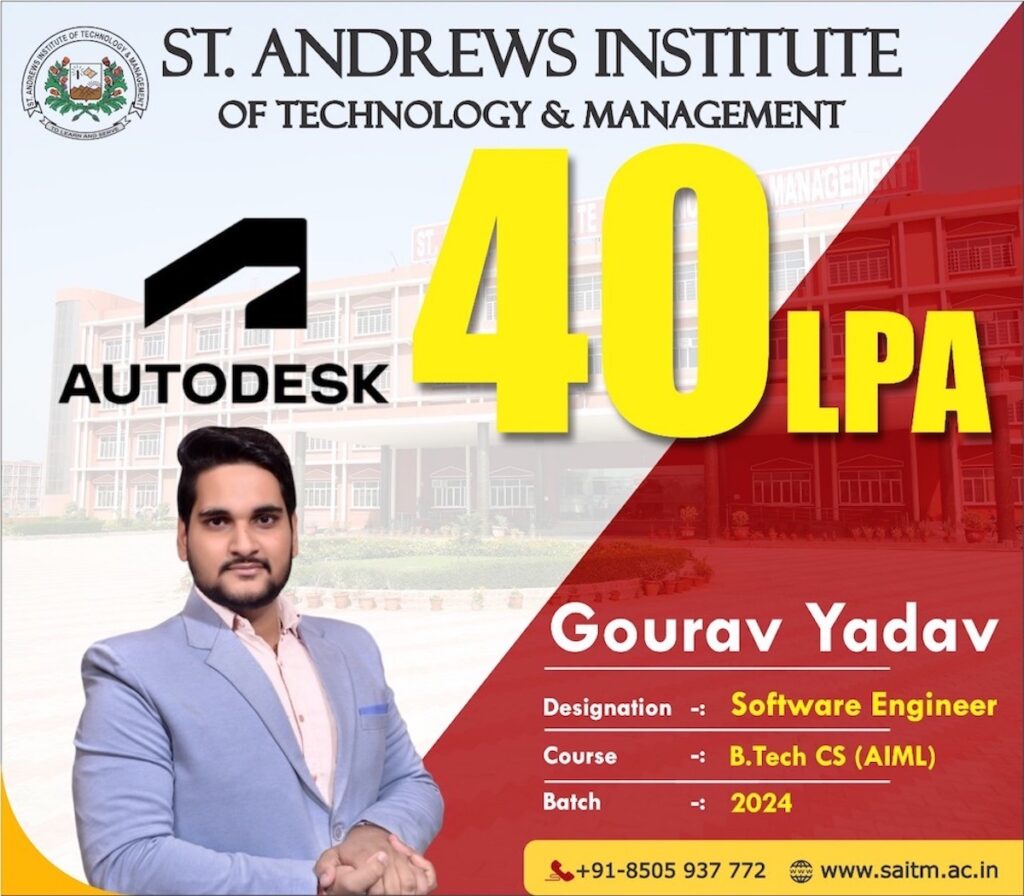
MCA scholars are highly sought after in the tech industry, and numerous leading companies actively recruit them for various roles.
Here are some top recruiters known for hiring MCA scholars:
Tata Consultancy Services (TCS)
Overview
TCS is one of the largest IT services companies in the world, offering a wide range of technology solutions and consulting services.
Roles for MCA Graduates
Software Developer
System Analyst
Wipro
Overview
Wipro offers IT services and consulting across various sectors, including technology, healthcare, and finance. It is known for its strong technology capabilities and global reach.
Roles for MCA Graduates
Application Developer
System Administrator
HCL Technologies
Overview
HCL Technologies is a leading IT services company providing a range of solutions including software development, infrastructure management, and consulting.
Roles for MCA Graduates
Software Developer
IT Infrastructure Specialist
IBM
Overview
IBM is a global leader in technology and consulting services, known for its expertise in cloud computing, AI, and data analytics.
Roles for MCA Graduates
Software Developer
Data Scientist
Conclusion
Pursuing an MCA degree can be a great career option for CS students.
The course provides a strong foundation in computer applications and IT, and opens up various job opportunities in the software industry.
FAQ’s
Is MCA for 2 years or 3 years?
The Master of Computer Applications (MCA) program typically has an MCA course duration of three years in India, aimed at providing extensive knowledge and practical experience in computer applications and technology. However, some institutions may offer a condensed two-year MCA program for students who have previously completed a relevant undergraduate degree, such as BCA, and fulfill certain eligibility requirements.
What is the qualification of MCA Degree?
To qualify for an MCA (Master of Computer Applications) program, candidates typically need a bachelor’s degree in computer applications (BCA), CS, or a related field. Some institutions accept graduates with degrees in mathematics, engineering, or science, provided they have studied mathematics at the undergraduate level. Admission often requires meeting minimum academic scores and passing an entrance exam, if applicable.
Can I do MCA in 1 year?
No, it is generally not possible to complete an MCA degree in one year. The MCA course duration is typically two to three years, depending on the educational institution and the structure of the program. This duration is necessary to ensure a comprehensive education that includes extensive study, practical training, and project work. Accelerated or one-year programs are rarely offered due to the extensive curriculum and depth of knowledge required to earn the degree.
Can I do MCA Degree without BCA?
Yes, pursuing an MCA degree without a BCA is possible. Although a BCA is a typical route, candidates from other fields such as engineering, mathematics, or science can also apply, provided they hold a bachelor’s degree in a relevant discipline with a minimum required percentage. Most institutions also expect a basic understanding of computer science concepts. It’s important to verify the specific eligibility criteria of the MCA programs you’re interested in, keeping in mind the typical MCA course duration of three years.
What is the MCA Degree Qualification?
The Master of Computer Applications (MCA) is a postgraduate degree in computer science and information technology. The MCA course duration is typically three years, during which students gain advanced knowledge in software development, data management, and system design. This qualification prepares students with both theoretical and practical skills needed to solve complex computing challenges. Graduates are well-equipped for various IT roles, including software engineering and data analysis.
What is the meaning of MCA job?
An MCA (Master of Computer Applications) job refers to roles typically undertaken by individuals who have completed an MCA degree. These jobs involve various responsibilities in the IT and computer application fields, such as software development, data analysis, cybersecurity, and cloud computing. MCA scholars are trained to handle complex technical challenges, develop software solutions, manage IT systems, and analyze data, contributing to various technology-driven sectors.
What is MCA in salary?
The salary for an MCA graduate depends on experience, skills, and location, influenced by the comprehensive MCA course duration, typically three years. Entry-level positions start from INR 3,00,000 to INR 5,00,000 annually. With several years of experience, mid-level professionals can earn INR 6,00,000 to INR 12,00,000 per year. Senior roles and specialized fields like data science or cybersecurity often see salaries exceeding INR 15,00,000 annually.
What is MCA in a company?
In a company, MCA stands for Master of Computer Applications, a degree that showcases advanced expertise in computer science and applications. The MCA course duration is usually three years, during which professionals gain skills in programming, system analysis, and technology management. Graduates often pursue roles in software development, data analysis, and IT consulting, contributing significantly to IT and technology-driven projects within the organization.

